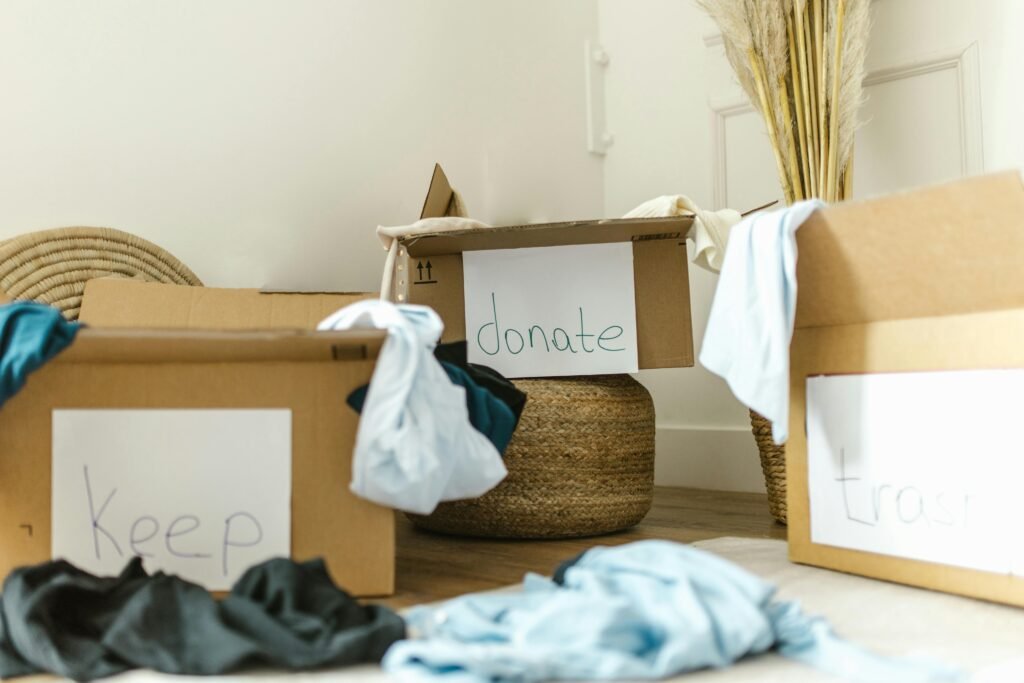
How Clutter Affects Your Well-being and Health
Have you ever walked into a home, or even a single room, and wondered, “How do these people live in such a mess?” Collecting and holding onto too much stuff causes many problems – economic, social, and emotional. It is not a common way to assess your health. But having a look at your home is an interesting diagnostic tool.
Studies show that clutter breeds emotional chaos for some people. A study at Princeton University showed that with too much stuff around, the brain is unable to process information well. Another study from the University of California revealed that clutter can have an adverse effect on hormones.
For instance, women who live with a mess did not show the normal decrease in the stress hormone, cortisol, that usually occurs during the course of a day. Moreover, they experienced an increase in depressed mood. In some cases, living in a mess means social isolation stemming from the embarrassment of friends not able to get in the door for all the mess.
A messy home can also lead to falls. Getting older is a dangerous process. Seniors are less agile, and vision deteriorates. Tripping over a mess can cause a fractured hip or other serious injuries.
If you’ve decided it’s time to get rid of clutter, there’s good news. Decluttering does make people feel psychologically better. It provides a sense of accomplishment and well-being. Equally important, decluttering gives people a sense of personal control, lowering stress.
If getting rid of clutter is good for you, why don’t more people do it? There are lots of reasons. Are people too busy? Is there just too much stuff? Does procrastination win?
Just as a voyage of a thousand miles begins with the first step, the best thing is to just get started. Set small goals, so you don’t become overwhelmed before you even begin.
Experts in decluttering offer sage advice. Sort your things into three broad categories, “Keep, Discard, and Maybe”. Then repeat with the “Maybe” stuff as many times as needed.
Break the work into small chunks of time. Spending 30 minutes on one task is enough, so you don’t get overtired or bored and say, “What’s the use?”
Remember that deciding to clean up a mess means the clutter has to go somewhere. This is a time when you can make less fortunate people happy. Donate clothing, electronics, books, furniture, and other items to The Salvation Army, Goodwill, and other charitable organizations.
Consider adopting a minimalist lifestyle by focusing on only keeping items that bring you value and joy.
This is an excerpt reprinted with permission from this article by W. Gifford-Jones. For more information, visit their page at docgiff.com